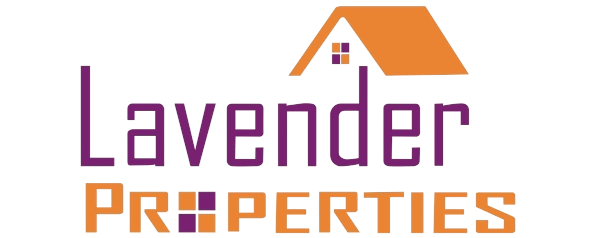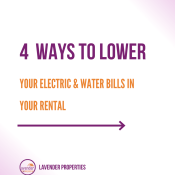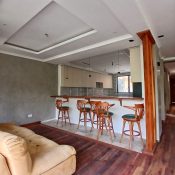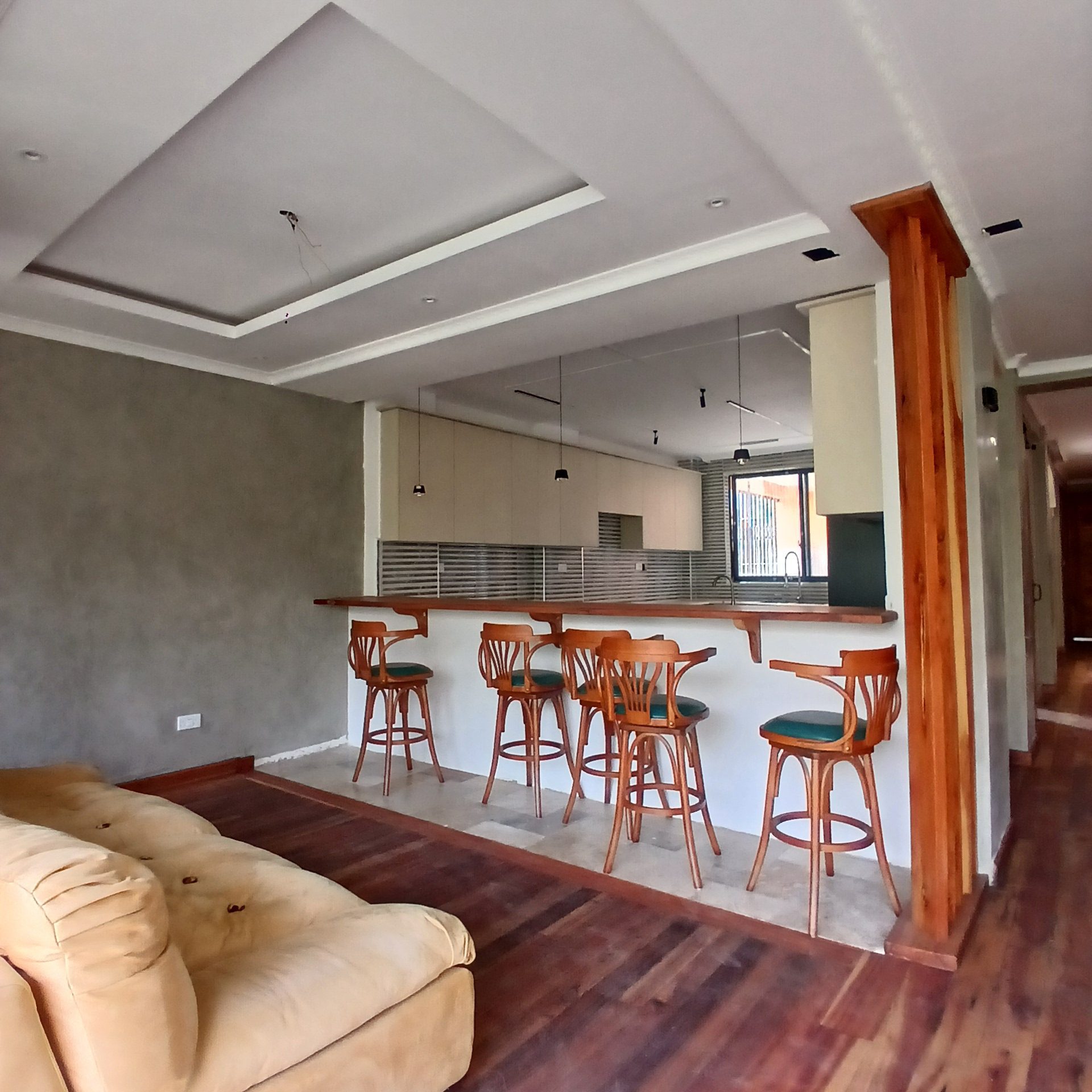
Is Airbnb Still Profitable in Kenya? A Regulatory and Market Analysis
Airbnb can make or break your dream.The dream is enticing: buy a property, list it on Airbnb, and watch the passive income roll in from tourists and staycationers alike. For years, this was a reality for many Kenyan investors. But with a shifting global travel landscape, increased local competition, and a tightening regulatory environment, many hosts are asking: Is Airbnb still profitable in Kenya?
The short answer is yes, but the game has changed. The “gold rush” era is over.
Today,profitability is not automatic. it’s earned through strategy, compliance, and professional management.
Let’s break down the key factors you must consider in 2025.
The Current Market Landscape: Opportunity & Saturation
The demand for short-term rentals (STRs) in Kenya remains strong, driven by:
- Tourism Rebound: International tourist arrivals continue to climb post-pandemic.
- The “Bleisure” Trend: More travelers mix business with leisure, preferring Airbnb’s space and comfort over standard hotel rooms.
- Local Staycations: A growing middle class is seeking affordable weekend getaways in places like Naivasha, Watamu, and the Maasai Mara.
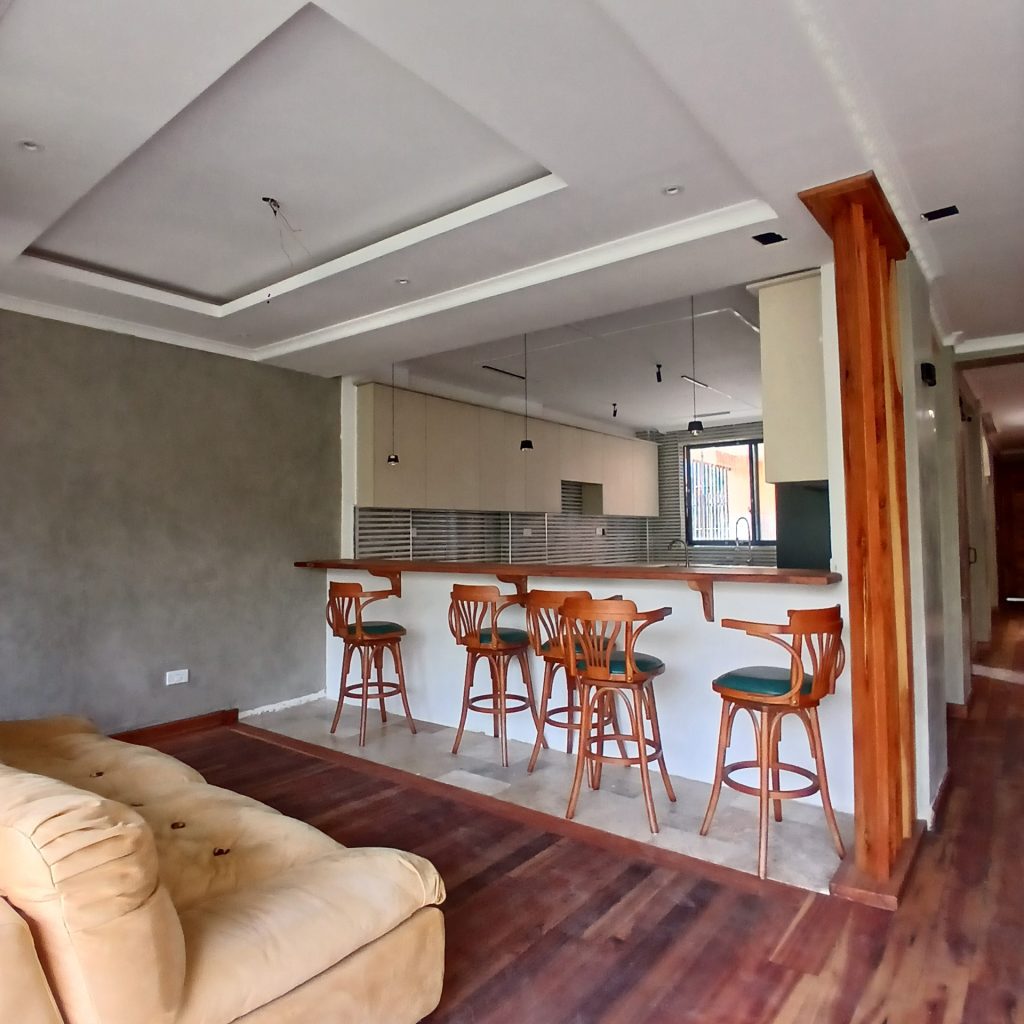
However, this demand has led to significant saturation in popular markets. Nairobi (especially Kilimani, Kileleshwa, Lavington), the Coast, and major wildlife park gateways are flooded with listings. This means:
- Increased Competition: You’re not just competing on price anymore, but on quality, amenities, reviews, and marketing.
- Price Pressure: Average daily rates have become more competitive, squeezing margins for hosts who fail to differentiate.
The Regulatory Elephant in the Room: Kenya Revenue Authority (KRA)
This is the biggest shift for Airbnb hosts. The days of operating under the radar are over.
Tax is Mandatory. Here’s How It Works:
The KRA requires all short-term rental income to be taxed. You have two primary options:
- 12% Withholding Tax: The most common method. The booking platform deducts 12% from your earnings and pays it directly to the KRA. You must still declare this income in your annual return.
- 16% VAT: If your annual rental turnover exceeds KES 5 million, you must register for VAT, charge it to guests, and can then claim back VAT on your business expenses.
Ignoring this can result in serious penalties. Always declare your income.
The True Cost of an Airbnb: It’s More Than Just a Mortgage
Many aspiring hosts underestimate the operational costs. To understand true profitability, you must account for:
- Direct Costs: Mortgage/loan repayment (if applicable), utilities (water, electricity, WiFi – which are high with frequent guest turnover).
- Operational Costs: Professional cleaning after every guest, toiletries, welcome packs, laundry services.
- Maintenance: More frequent wear and tear than a long-term rental means repainting, furniture replacement, and appliance repairs happen much faster.
- Management Fees: If you hire a property manager (highly recommended for non-resident hosts or those with multiple listings), fees typically range from 20-30% of the booking value.
- Platform Fees: Airbnb charges a host service fee for each booking.
- Void Periods: The biggest profit killer. Your property will not be booked 100% of the time. A realistic occupancy rate for a well-managed property is between 60-75%.
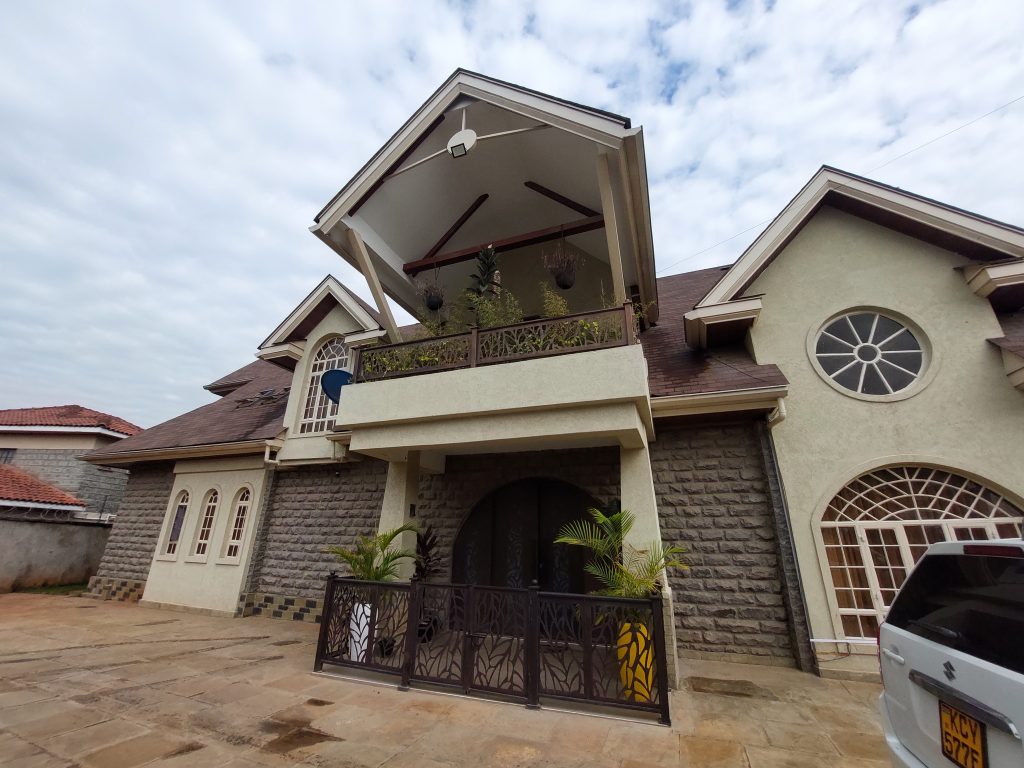
So, Is It Still Profitable? The Verdict
Profitability is no longer a simple “yes” or “no.” It depends on:
- Location, Location, Location: A unique studio apartment in a generic building is a tough sell. A unique eco-lodge in Tsavo, a designer apartment with a skyline view in Westlands, or a family-friendly beach house in Diani has a much stronger value proposition.
- Professional Management: The most successful hosts treat this like a business. This includes:
- Professional Photography: Blurry phone pics won’t cut it.
- Dynamic Pricing: Adjusting rates for weekends, holidays, and events like the Safari Sevens.
- 5-Star Guest Communication: Instant responses to inquiries and issues.
- 24/7 Maintenance & Support: A leaking toilet at 2 AM needs an immediate fix.
- Niche Marketing: Are you targeting backpackers, business executives, families, or digital nomads? Your amenities, pricing, and marketing should reflect this.
The Final Calculation:Profit = (Daily Rate x Occupancy Rate) - (Mortgage + Utilities + Cleaning + Maintenance + Management Fees + TAXES)
Conclusion: A Business, Not a Hobby
Airbnb in Kenya can still be highly profitable, but it has evolved from a simple side-hustle into a sophisticated hospitality business. Success demands a commitment to:
- Full regulatory and tax compliance.
- Strategic investment in quality and marketing.
- Meticulous financial planning that includes all hidden costs.
- Exceptional guest experiences to secure 5-star reviews.
Overwhelmed? Let Us Turn Your Property into a Profitable, Compliant Venture.
If the complexities of tax laws, guest management, and 3 AM maintenance calls sound daunting, you’re not alone. That’s where we come in.
Lavender Properties provides end-to-end short-term rental management services. We handle everything from KRA compliance and dynamic pricing to guest communication and property maintenance, so you can enjoy the returns without the stress.
